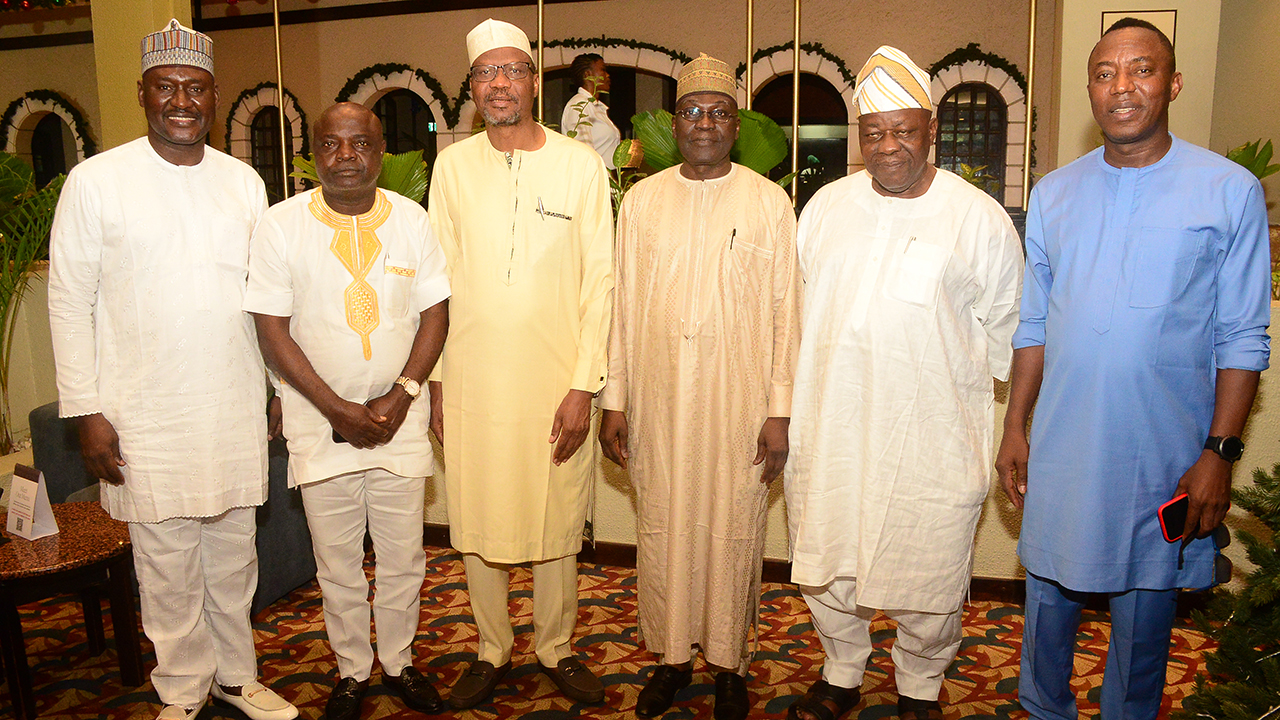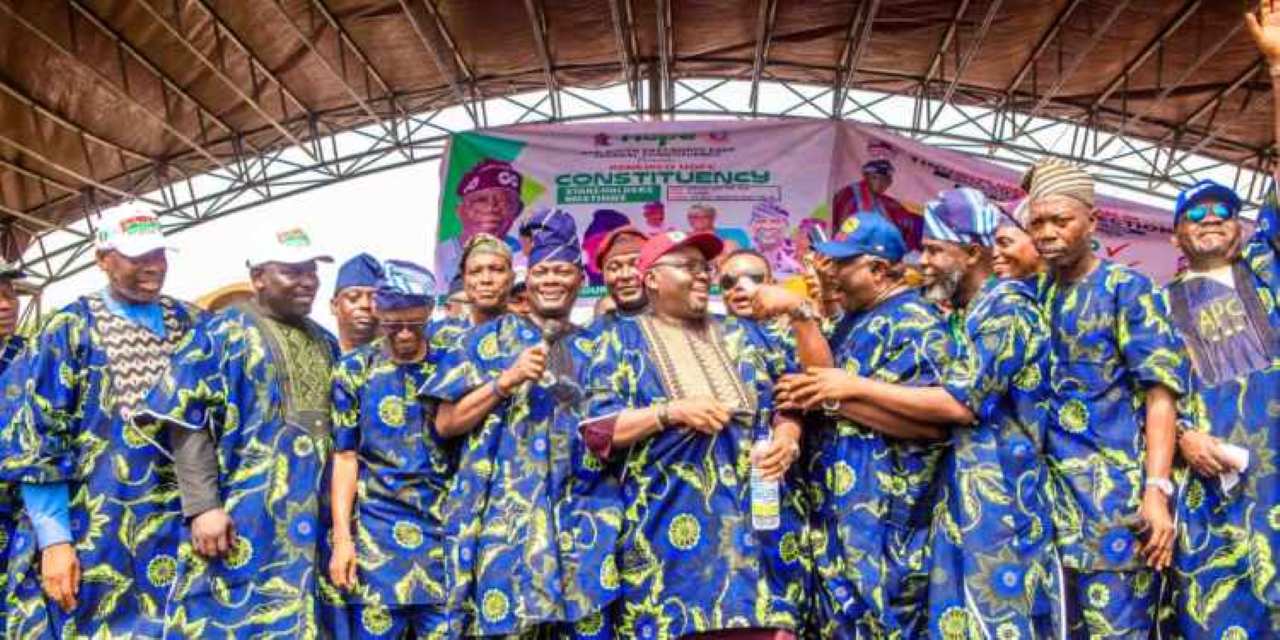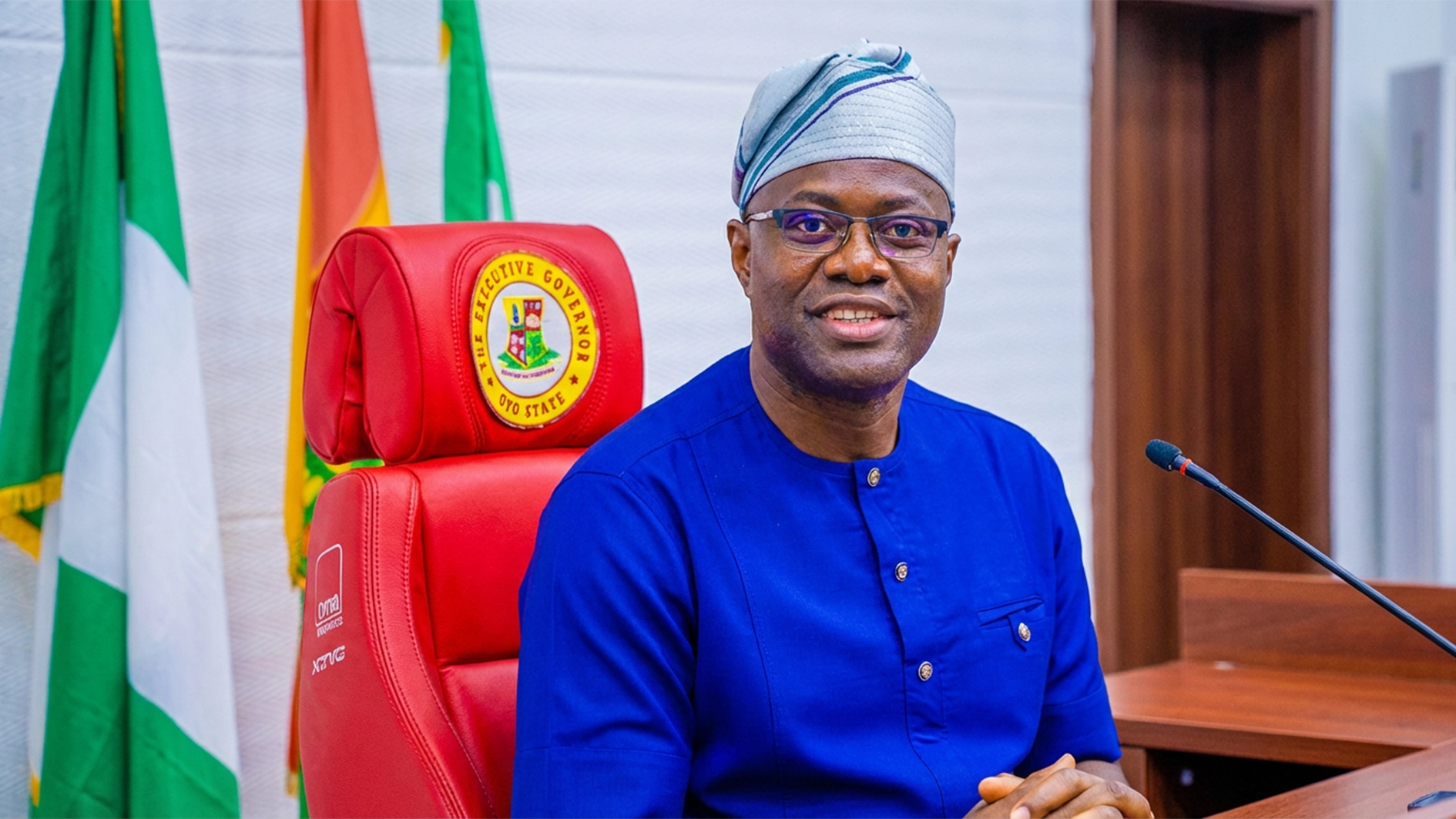
Following the hiccups observed from the conduct of the 2023 general election, the Civil Society Legislative Advocacy Centre (CISLAC), during the week, convened a national seminar towards ensuring that the power of the electorate to determine their leaders through the ballot remains sacrosanct.
Themed, ‘Targeted Judicial Reforms and Enhanced Judicial Integrity in Post-Election Litigation in Nigeria’, the seminar beamed the searchlight on the judiciary as well as political actors, with the aim of ensuring that they do not usurp the powers of the electorate to determine who governs them. Drawn from various sectors of the country’s socio-political system, participants at the event ventilated the issues and charted the path for improved electoral process in the country.
Setting the tone of the discussion in his welcome address, the Executive Director of CISLAC, Auwal Ibrahim Musa Rafsanjani, noted that many of the participants are illustrious sons and daughters of the country who collectively strive to make it a better place, saying they struggled to achieve the transition of Nigeria from military rule to the current democratic dispensation.
“While our democracy has hitherto been threatened by a series of systemic challenges since 1999, we had anticipated to make appreciable progress than we currently have. Despite various legal reforms preceding the 2023 general and off-cycle elections, the conduct and outcomes of the elections have questioned the direction of Nigeria’s democracy. It is like going 10 steps backward for every one step taken forward.
“We are not unaware that the undemocratic actions of the political class, who are bent on capturing power at all cost for their personal aggrandisement and at the detriment of the collective good, remains a growing challenge,” he said.
Rafsanjani stated that the unpatriotic political actors appear with the determination to sabotage the integrity and backpedal the progress in the country’s legal and institutional reforms targeted at the electoral system and process.
He added: “This has left devastating effects on citizens’ trust in the Electoral Body and the judiciary. The growing commercialisation of the electoral process has deprived many decent Nigerians the opportunity to compete favourably in primary elections across political parties. Money politics constitutes a threat to a credible and inclusive electoral system in the country.
“Political financing has become a profitable investment in the country. Despite the limits to campaign donation and finance as stipulated by the Electoral Act, in the 2023 general and off-cycle elections, there was no control in political spending, as whopping sums were expended on party primaries, electoral campaigns, vote-buying and vote-trading that consequently defeated the essence of electoral integrity.
“Electoral violence is one problem that has been identified as a stumbling block to free, fair and credible elections in Nigeria. It is no more news that many politicians resort to illicit electoral strategies and make use of militant youth wings, militias or the state security forces to either win the election or strengthen their post-election bargaining position.”
He maintained that politics at all levels is currently marred by violence, persecution, intimidation and exclusion of women from active participation in electoral politics.
Turning to the judiciary, Rafsanjani said: “The emerging judicial corruption through the post-election litigations like tribunal activities and outcomes has called for adequate reform in our judicial system to make it more independent and efficient in the delivery of electoral justice through which the citizens’ choices prevail.
“Many Nigerians strongly believe that the judiciary suffers from credibility as allegations of bribery to truncate justice and compromise electoral outcomes are playing out.
“The judiciary, through tribunal judgments, has reportedly employed technicalities in upturning electoral victories, which in most occasions, rigs out the choices of the electorate. These are very disturbing trends that must be brought to an end in order not to make the role of the electorate irrelevant.”
Rafsanjani stated that as concerned citizens, it is imperative on everyone desiring the reflection of true democracy in Nigeria to be apprehensive of the current situation and seek channels for improvement.
After setting the tone, a number of stakeholders who spoke at the event, which was moderated by Prof. Victor Adetula of the International Relations and Development Studies, University of Jos, included Ebun-Olu Adegboruwa (SAN); Prof. Jibrin Ibrahim, a Senior Fellow, Centre for Democracy and Development; Prof. Mohammed Kuna, Special Adviser and representative of the Chairman of Independent National Electoral Commission (INEC), Prof. MahmoodYakubu; Prof. Sam Egwu, Resident Electoral Commissioner (REC), Benue State; Dr. Kole Shettima of MacArthur Foundation, among others.
In his brief remarks, Shettima expressed fears about Nigeria’s elections in 2027. “If 2023 is bad the way it has been, I don’t know what 2027 will be. My fear is that 2027 is going to be bad because the indicator is exactly that,” Shettima said.
Ibrahim, who spoke on ‘Reforming Nigeria’s Electoral System for Mandate Protection: Opportunities, Challenges and the Way Forward’, called for the punishment of election riggers, stating that when election riggers face consequences, things will be better. He criticised the Chief Justice of Nigeria (CNJ), Olukayode Ariwoola, for regarding critics of the judiciary as mob.
“You cannot insult us for complaining about your judiciary’s misdeed. I am astonished that we complicate and mess up something so simple,” he said.
On his part, the representative of INEC Chairman, Kuna, put forward four key issues that need to be addressed to get elections in Nigeria right. He said reforms are critical in efforts towards consolidation of the electoral system in the country.
“By and large, we have seen how reforms have become crucial in advancing democracy in Nigeria but there is a limit to reforms because there are elements who are impeding the legal process in order to make reforms meaningless,” he said.
Kuna warned that “if the people who are impeding the legal process to satisfy themselves against the will of the people are not taken care of, there is no amount of reforms given to the electoral law that will work.” He asserted that there are two ways coups d’etat are staged namely, electoral and military. “In either case, the will of the people is subverted,” he said.
Kuna expressed worries that some political elite, who ruffle the electoral system, are not talked about during talks about electoral reforms. He acknowledged that internal process and institutional reforms have improved in the sense that ballot snatchings are now no longer the norm.
“However, some people who still look for ways to subvert the process must be properly handled,” he said, adding: “We need to begin to focus on other bodies who are also involved in ensuring credible elections, not only INEC.”
While singling out the security agencies and the political parties in this regard, Kuna maintained that Nigeria has made some improvements in its electoral process but needed to work on areas that impede credible elections like the deployment of thugs by political parties.
Speaking on ‘Politicisation of Election Disputes in Nigeria’s Courts: Key Provisions of the Electoral Act and the Challenges of Technical Interpretation’, Adegboruwa said the implication of the current electoral situation in Nigeria is that nobody can win election and go to sleep because it could be truncated at the level of judiciary before the end of the day.
To him, it is not all electoral matters that should end up in court, alleging that political figures interfere in the decisions of courts. He blamed technicality for other disappointments seen from the courts, citing the case of Senator Ahmad Lawan, who was expected to be to be disqualified by the court, but was declared winner by the Supreme Court, as the court focused on the process of filing the case, which was not complied with.
He held that the court should not determine the choices of a political party, saying there should be judicial reforms to avoid technicalities while judicial officers handling election petitions should undergo specific training to avoid technical justice. He also suggested that the burden of proof in election cases should be shifted from the candidate of the political party to INEC.
Making reference to the Kano State Governorship Election Trial, Adegboruwa said there is no dispute that NNPP won the election but the court is saying that the candidate was not a member of the party and that some ballot papers used for the votes cast were not stamped.
“There should be no mention of pre-election issues in court because elections are already concluded. You cannot come and say the votes of the people should be upturned like it happened in Kano,” he said.
According to him, the judiciary must be free from inducement, threats, improper influences, restrictions of any degree and manner, direct or indirect interference from any persons or groups on whatever grounds.
Adegboruwa added: “It is left for the National Assembly to amend the Electoral Act 2022 to give us transparent elections. We cannot continue in this fashion. The use of technology is to prevent manipulation of election results. Just as the Federal high Court judges are always sponsored to go on judges training and retreat in respect of handling Asset Management Company of Nigeria (AMCON) matters, the justices of the appellate court ought to be sponsored on international conferences/training on election petition matters.”
“I finally urge INEC to help Nigeria by keeping to its guidelines and public statements and undertakings. The National Assembly should set up a special committee to scrutinise the judgment of the Court of Appeal and the Supreme Court for the purpose of amending the Electoral Act 2022.”
On her part, former Attorney-General and Commissioner for Justice, Ondo State, Mrs. Olajumoke Anifowoshe, provided insight on how it is difficult for women to climb to the top in the Nigerian political landscape.
She called on stakeholders to be on a path of courage to speak truth to power, saying: “Not being able to attain political height without going through a godfather makes Nigerian democratic experience very difficult.”
A pro-democracy advocate and former presidential candidate of the African Action Congress (AAC), Mr. Omoyele Sowore, said the Nigerian political situation is beyond mere reforms, adding that it requires that everyone that wishes for a truly better Nigeria must be ready for change.
His words: “Nobody is going to give you power, whether you are woman, man, young or old; you have to go for it. And if you look at it statistically in the country today, look at the voters’ register, there are almost 57 per cent of voters who are women. If you want to get power, all the women need is to nominate a candidate, support a candidate and get a few men to vote for the woman and we have a woman president.
“And there is nothing in my view that shows that men in this country have demonstrated that they are better than women as leaders. In fact, most women of this country who have been in power, either appointed, selected or forced into power have demonstrated that they have no gender.
“They have not favoured men or women. So, it is not a woman thing; it is a character thing. But I suppose that you use your large numbers. Women should stop accepting percentages. Your percentage involvement in power should be equal to the percentage of your voting power and bloc. It’s as simple as that. It is a one man, one vote idea. That should resolve the issue of women.”






